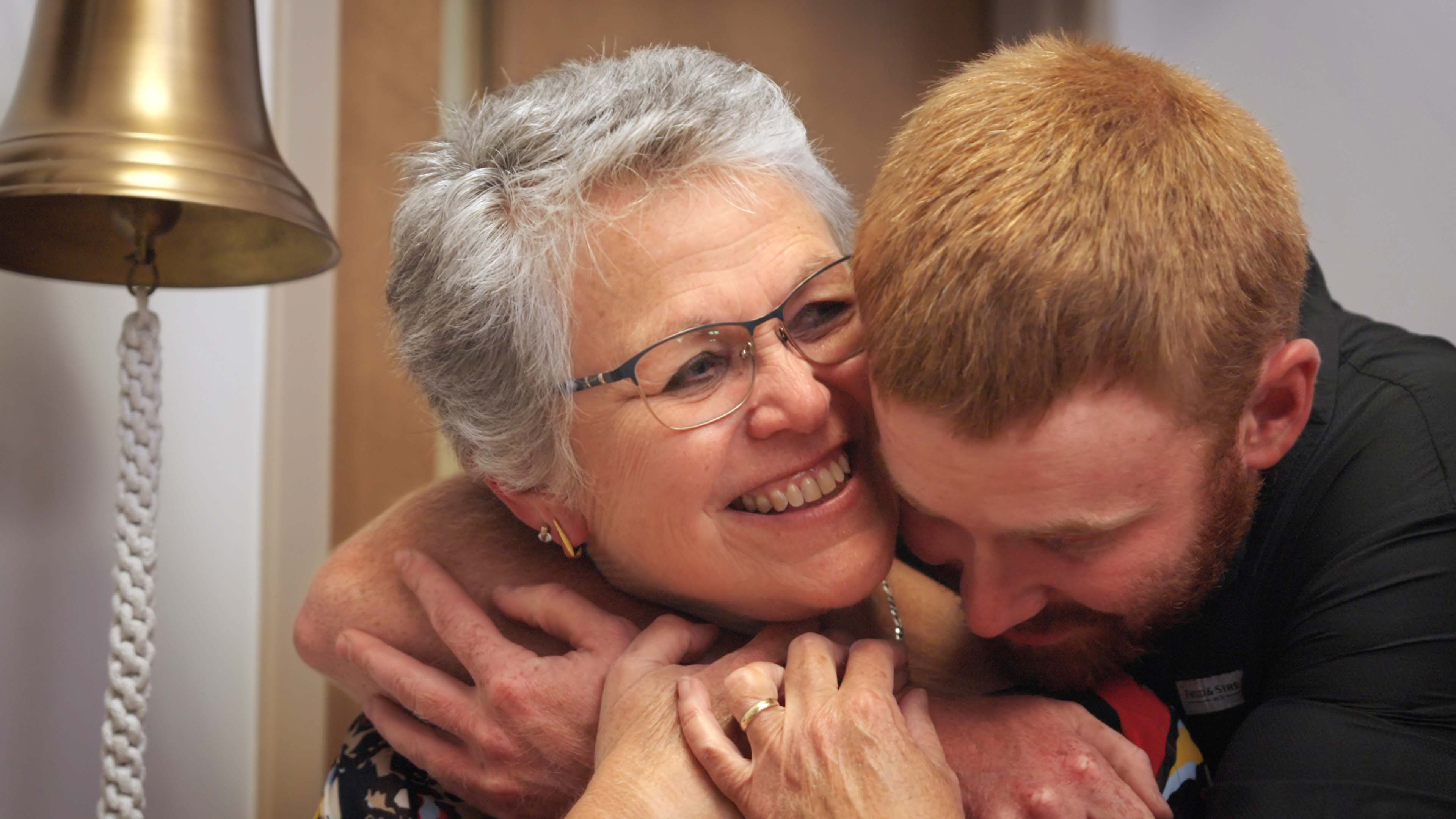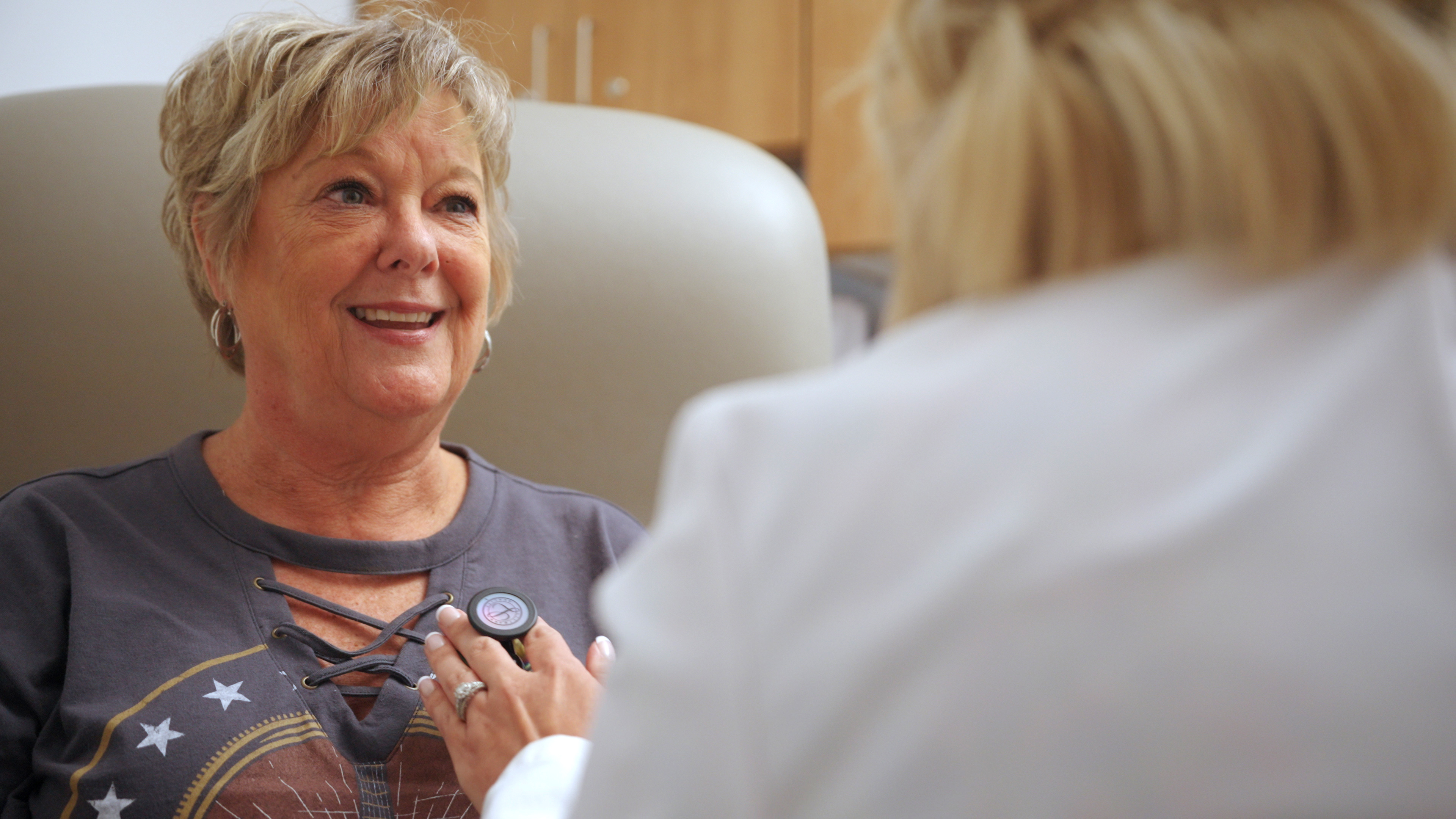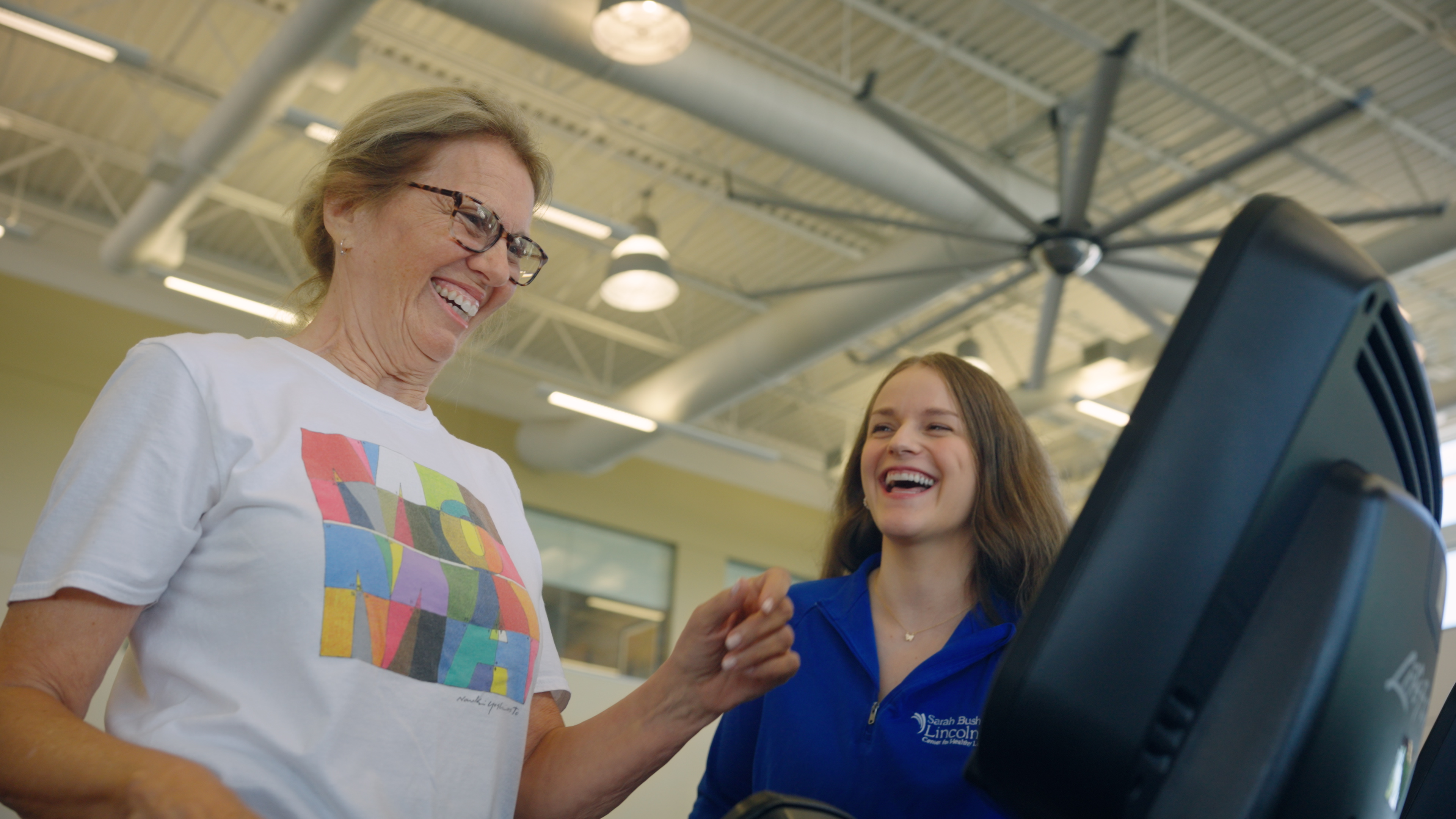Spinal Discogram
What is discogram?
Discogram is an X-ray study of the discs of the spine.
What are the discs?
Discs are “cushions” between the bones of the back.
What is the purpose of this test?
This is a diagnostic procedure to determine which disc or discs are causing you pain. This knowledge will help you and your referring doctor decide about future therapies.
What are the risks of the procedure?
Generally, there is small risk of infection (discitis and vertebral osteomyelitis, epidural abscess), bleeding, spinal headache and drug allergic reactions. On the day of your procedure, the doctor will talk with you and give a more detailed explanation. Additionally, he or she will discuss with you the risks, benefits and alternatives.
Will I have an IV?
Yes. A nurse from the Center for Interventional Pain will start an IV. IV antibiotics decrease the risk of infection. We will also use this IV to give you pain medicine and sedating medicine during the procedure.
Will I be put to sleep for this procedure?
No. We will give you pain and sedating medicine in the IV to make you sleepy and comfortable, but you will not be asleep. While we do this procedure, you will need to be able to answer some questions.
How is Discogram done?
The procedure is done in our procedure room. You will lie on your stomach, the nurse will attach you to monitors to monitor your heart, blood pressure and oxygenation. After you have been sedated, we will brush your back with an antiseptic solution and drape your back with sterile linen. The doctor will numb your skin with local anesthetic. The doctor will then insert a very thin needle through the skin and advance it into each disc that needs to be studied. An X-ray dye will be injected into each disc and the doctor will ask you if this causes pain. You will be asked if the pain matches the usual site of your pain, or if the pain is in an area in which you usually do not feel pain. Finally, X-ray pictures are taken and the needles removed. After the discogram is completed, we may have a CT scan to study each disc.
What would you like me to do before the procedure?
- Do not eat any solid food after midnight. You may drink clear liquids up to four hours before the procedure
- You may take your regular medication (except blood thinners) the morning of the procedure.
- If you take blood thinner medication, make sure to stop taking them according to the letter sent to you by our scheduling office.
- If you have any active infection or fever, the procedure will be postponed.
- Bring your MRI films (if not done at Sarah Bush Lincoln)
- Expect to be in the Center for Interventional Pain for about three to four hours
- Arrange to have a responsible adult drive you home after the procedure
How long does the procedure take?
The procedure usually it takes between 30 minutes to one hour depending on the number of discs involved.
How long will I stay after the procedure?
You will stay between 1 to 2 hours after the procedure. During that time, the nurses observe you until you recover, and have a CT scan. When you are stable, we send you home in the company of a responsible adult.
What am I supposed to do or not do after the procedure?
We will provide you with detailed instructions that should answer most of your questions. The Center for Interventional Pain nurse will discuss all these instructions with you before you go home.
When can I return to work?
You cannot return to work the same day or next day after this procedure, and you also must not engage in any strenuous activities for 72 hours.
Should I expect to have pain after the procedure?
There is usually some increase in pain the afternoon and day following the procedure.








